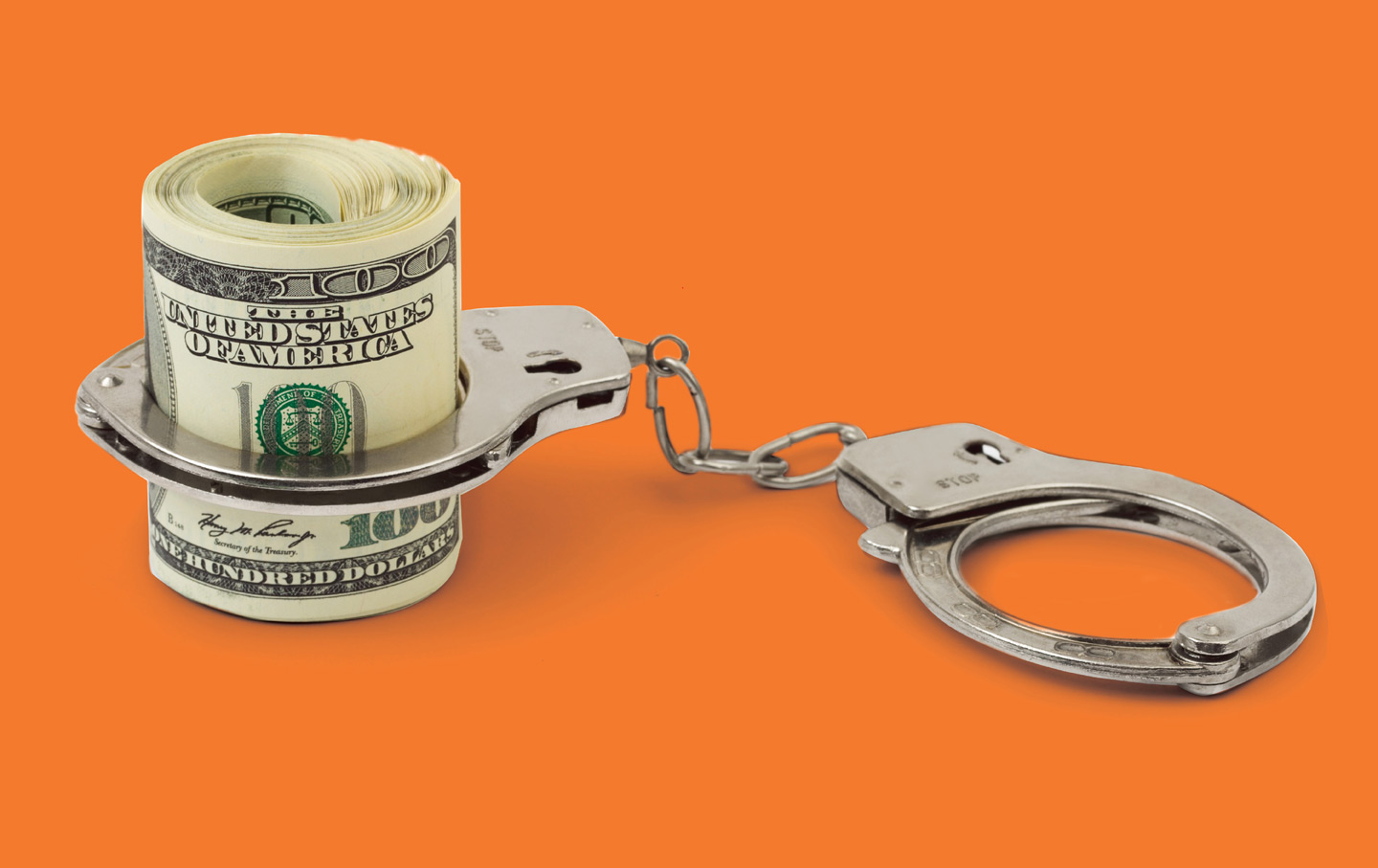
Great article by Madison Park and Cheri Mossburg of CNN news covers how California will end the cash bail system in a sweeping reform for the state. Rather than requiring defendants to pay in order to be released before trial, their release will hinge on an assessment of their risk to public safety.
On Tuesday, the California Money Bail Reform Act, also known as Senate Bill 10, passed in the State Senate with a vote of 26-12, and the General Assembly by 42-31.
“SB 10 puts all Californians on equal footing before the law and makes public safety the only consideration in pretrial detention. This critical reform is long overdue,” said Toni Atkins, Senate president pro tempore.
“Today, California reforms its bail system so that rich and poor alike are treated fairly,” Gov. Jerry Brown said in a statement.
Brown signed the bill Tuesday, and the new law goes into effect October 1, 2019. California is the first state to eliminate money bail completely, according to the Pretrial Justice Institute, an organization that advocates for pretrial justice reform.
According to reporter Madison Park, critics have long contended that the money bail system perpetuates inequality. While some people are able to quickly get out of jail by posting bail, people who aren’t able to afford it sit in jail until the court takes action, or until they work with a bail bond agent to secure their freedom, which can leave them in debt.
“Abolishing money bail and replacing it with a risk-based system will enhance justice and safety. For too long, our system has allowed the wealthy to purchase their freedom regardless of their risk, while the poor who pose no danger languish in jail,” said Assemblymember Rob Bonta, one the lawmakers who introduced the bill, in a statement.
Under the new law, a pretrial assessment would be done by either court employees or a local public agency that has been contracted to determine a defendant’s risk. That entity would assess the likelihood that the person will not appear in court or commit a new crime while released, and would make a recommendation for conditions of release. The defendant will be assessed as high, medium or low risk. A person who is deemed as high risk, including those arrested for violent felonies, will not be released.
Surprisingly, the ACLU in California expressed disappointment over the bill, saying it “is not the model for pretrial justice and racial equity that California should strive for.”
“It cannot guarantee a substantial reduction in the number of Californians detained while awaiting trial, nor does it sufficiently address racial bias in pretrial decision making,” said the three executive directors of the California ACLU affiliates, Abdi Soltani (Northern California), Hector Villagra (Southern California) and Norma Chávez Peterson (San Diego & Imperial Counties). “Indeed, key provisions of the new law create significant new risks and problems.”
Indeed, the ACLU pulled its support for the bill earlier this month as the it underwent changes in the state legislature.
My opinion? This is a bold, progressive step. The subject of cash bail has always been a cantankerous subject which underscores how justice applies to the privileged vs. the non-privileged. For the underprivileged, defendants who cannot afford to pay bail are more likely to plead guilty to criminal charges. Jail is a terrible place, and getting out as soon as possible is an overwhelming desire for most defendants who find themselves there. There’s no justice in pleading guilty to crimes that we would otherwise not plead guilty to simply to get out of jail.
Let’s wait and see how California does. The success of California Money Bail Reform Act could determine whether other states adopt similar legislation.
Please contact my office if you, a friend or family member face criminal charges and are held in jail pending the outcome of the case. Chances are, a competent attorney can persuade the judge to lower the bail or even release the defendant without bail on their personal recognizance. For more information, please read my Legal Guide titled, “Making Bail.”






